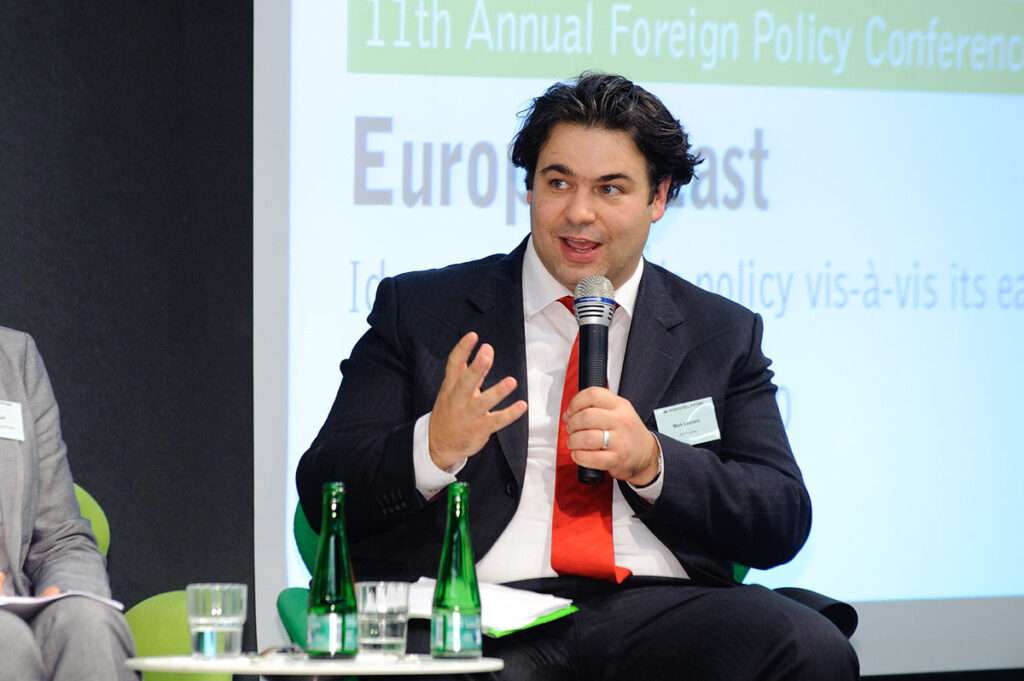British citizens are calling on Labour leader Keir Starmer to adopt a bolder approach to Brexit relations with the European Union after new polling revealed significant public support for reversing key aspects of the UK’s departure from the bloc, including among Brexit voters.
The poll, commissioned by the European Council on Foreign Relations (ECFR) and conducted by YouGov and DataPraxis, surveyed 9,278 voters across six European countries: the UK, France, Germany, Italy, Poland, and Spain. It is the most comprehensive analysis of UK-EU relations since Brexit.
The findings reveal a clear desire among Britons for a “closer” relationship with the EU, with 55% of UK respondents supporting strengthened ties. Notably, 68% favored reinstating cross-Channel freedom of movement in exchange for access to the European single market.
The poll highlights that Brexit-era divisions are fading, with both Leave and Remain voters willing to compromise. A significant majority, including 54% of Leave voters, said they would accept reciprocal free movement of people to enhance economic relations with the EU.
Meanwhile, in Europe, there is growing support for offering the UK “special access” to the EU single market and research programs in exchange for deeper security cooperation. The sentiment was most pronounced in Poland (54%) and Germany (53%), with similar openness in Spain, Italy, and France.
Asked about priorities for UK government relations, 50% of British respondents chose Europe, while only 17% prioritized the US. The results suggest waning public enthusiasm for aligning closely with the US, particularly under a potential second Trump presidency.
Despite this shifting public sentiment, Labour’s European affairs minister, Nick Thomas-Symonds, emphasized in a recent House of Lords hearing that Labour’s Brexit red lines remain unchanged. These include not rejoining the EU, single market, or customs union and not restoring free movement of people. However, the polling indicates the public may be more open to compromise than the government assumes.
“Donald Trump’s election and Putin’s full-scale invasion of Ukraine have hit British and European politics like a double hammer blow. The Brexit-era divisions have faded, and both European and British citizens realize that they need each other to get safer. Governments now need to catch up with public opinion and offer an ambitious reset.”
Mark Leonard, ECFR’s co-founder

Pro-EU campaigners echoed this sentiment. Emma Knaggs, deputy chief executive of the European Movement UK, argued the polling demonstrates that voters want Labour to aim higher. “This polling shows the extent to which the public wants to mend the relationship between the UK and the EU,” she said.
“Labour has talked a lot about closer ties, but they need to go further, boosting the UK economy by cutting the red tape that Brexit created for our exporters, restoring mobility for young people to experience life in other cultures, and deciding what our future relationship with the EU should look like.”
Emma Knaggs
Europe’s Openness To Cooperation
European respondents also recognized the benefits of closer ties. Across the surveyed EU nations, voters viewed enhanced cooperation as a way to strengthen both the European and UK economies.
In the face of mounting global threats, Knaggs stressed the need for bolstered security ties between the UK and EU.
“It’s already clear that the days of exporting our defense needs are over. We need to bolster our defense ties with the EU, in the face of increasing threats from Russia and the possibility of reduced reliability under a Trump administration in America.”
Emma Knaggs
She said “If Labour is serious about growing the UK out of its economic doldrums, the EU represents an open goal.”
With the UK’s economic challenges and geopolitical uncertainties, public sentiment appears to favor collaboration over isolation. Whether Starmer will embrace this momentum to pursue a transformative reset in EU relations remains to be seen.
READ ALSO: Kwakye Ofosu Reveals Irregularities During First Meeting of Transitional Teams


















